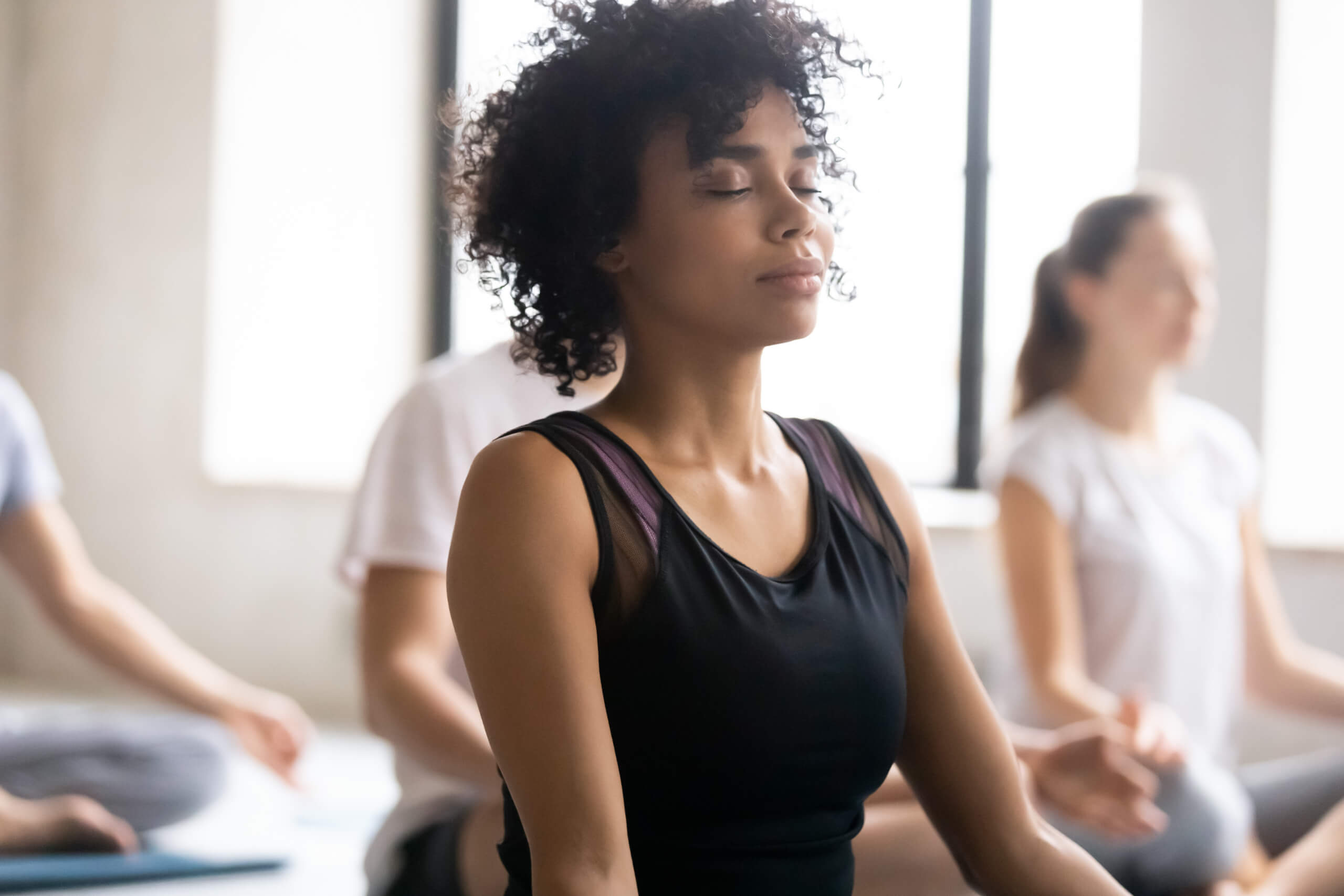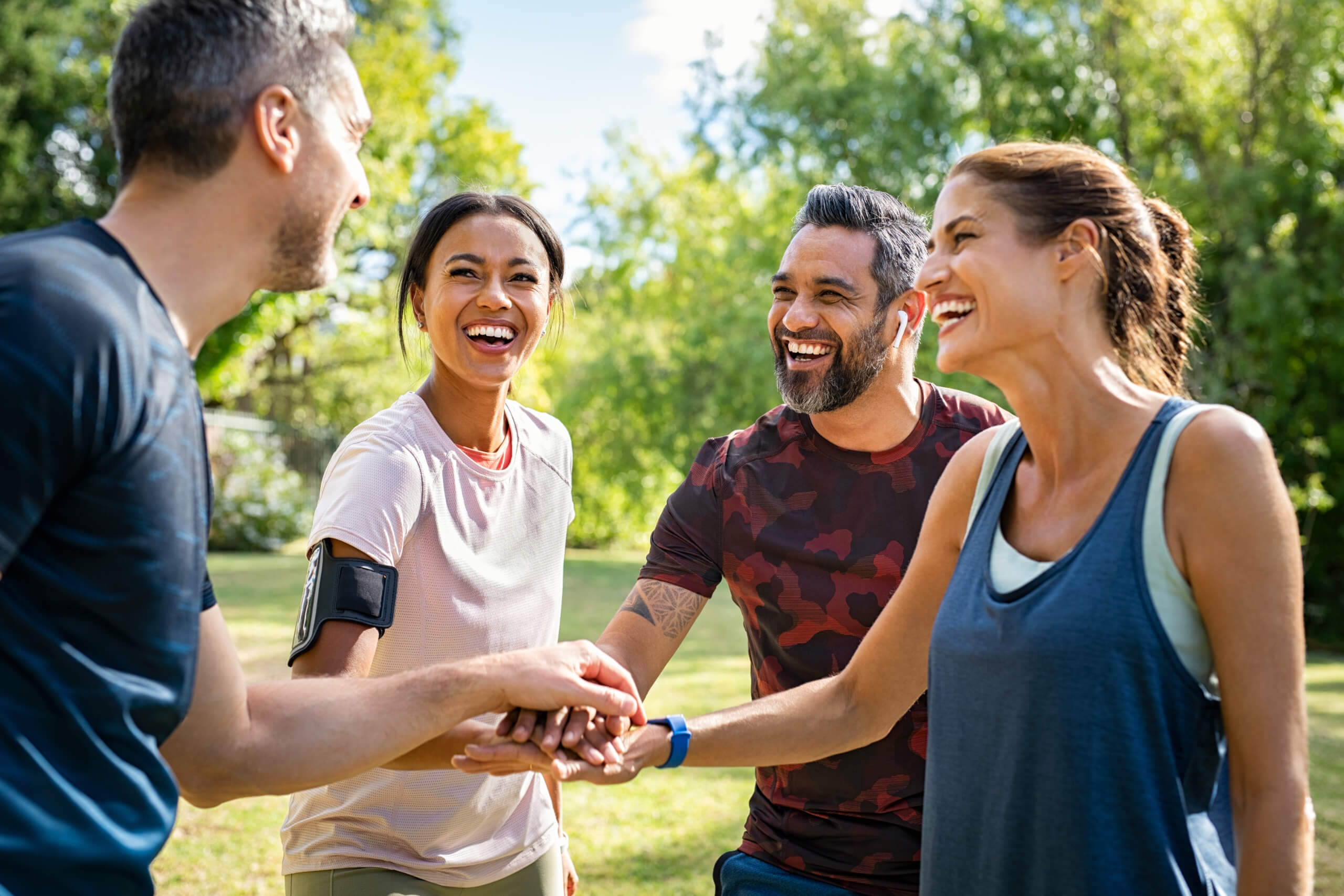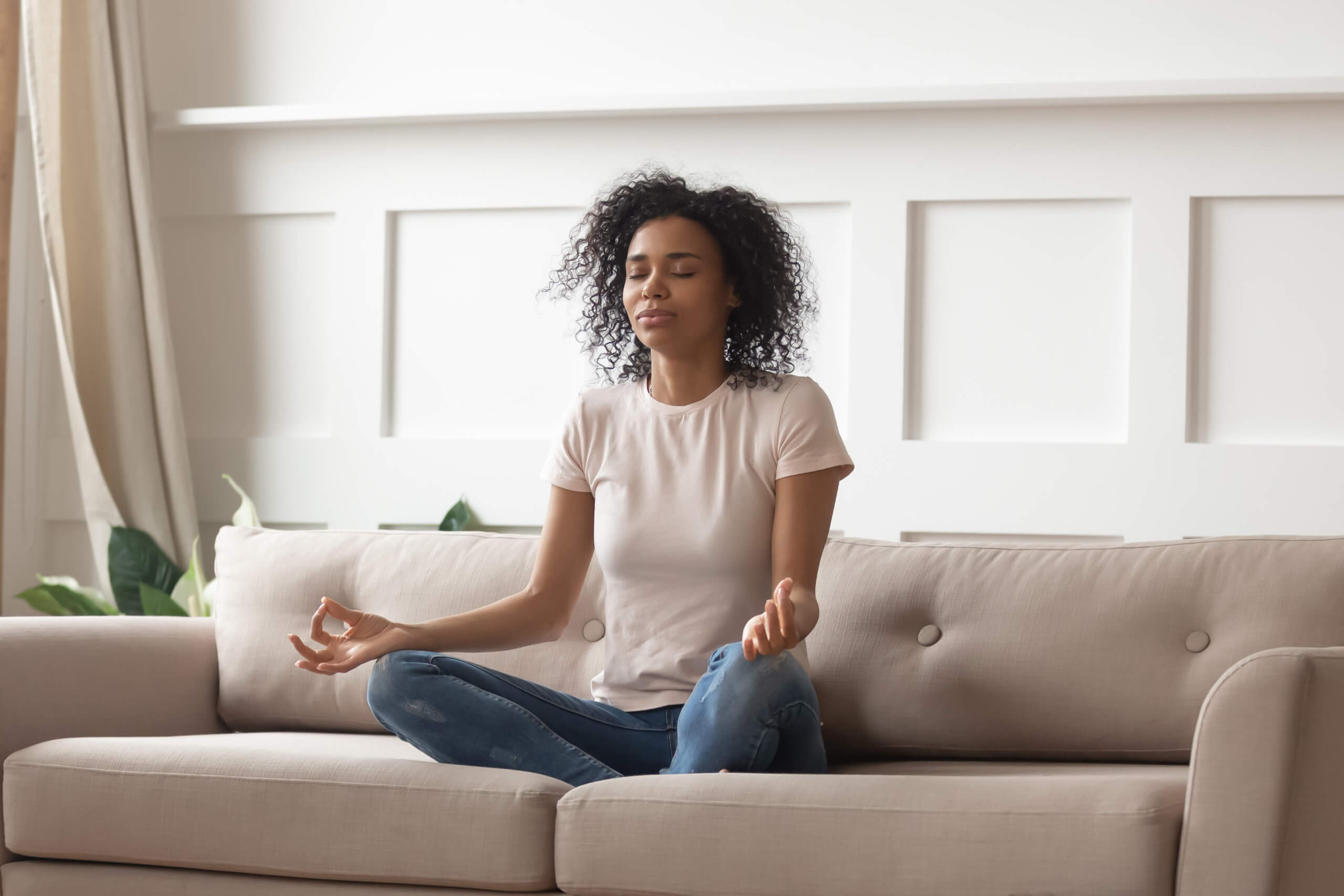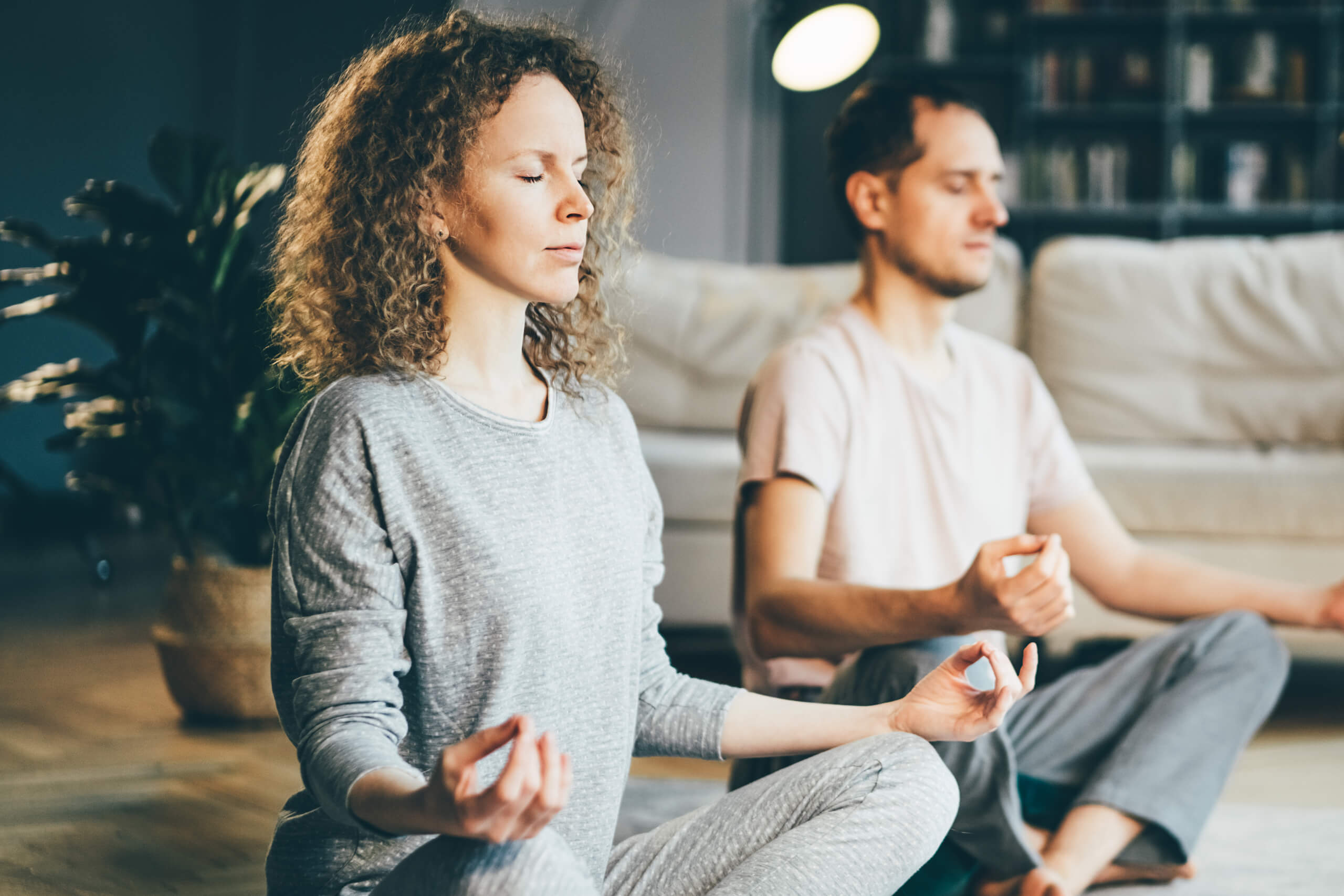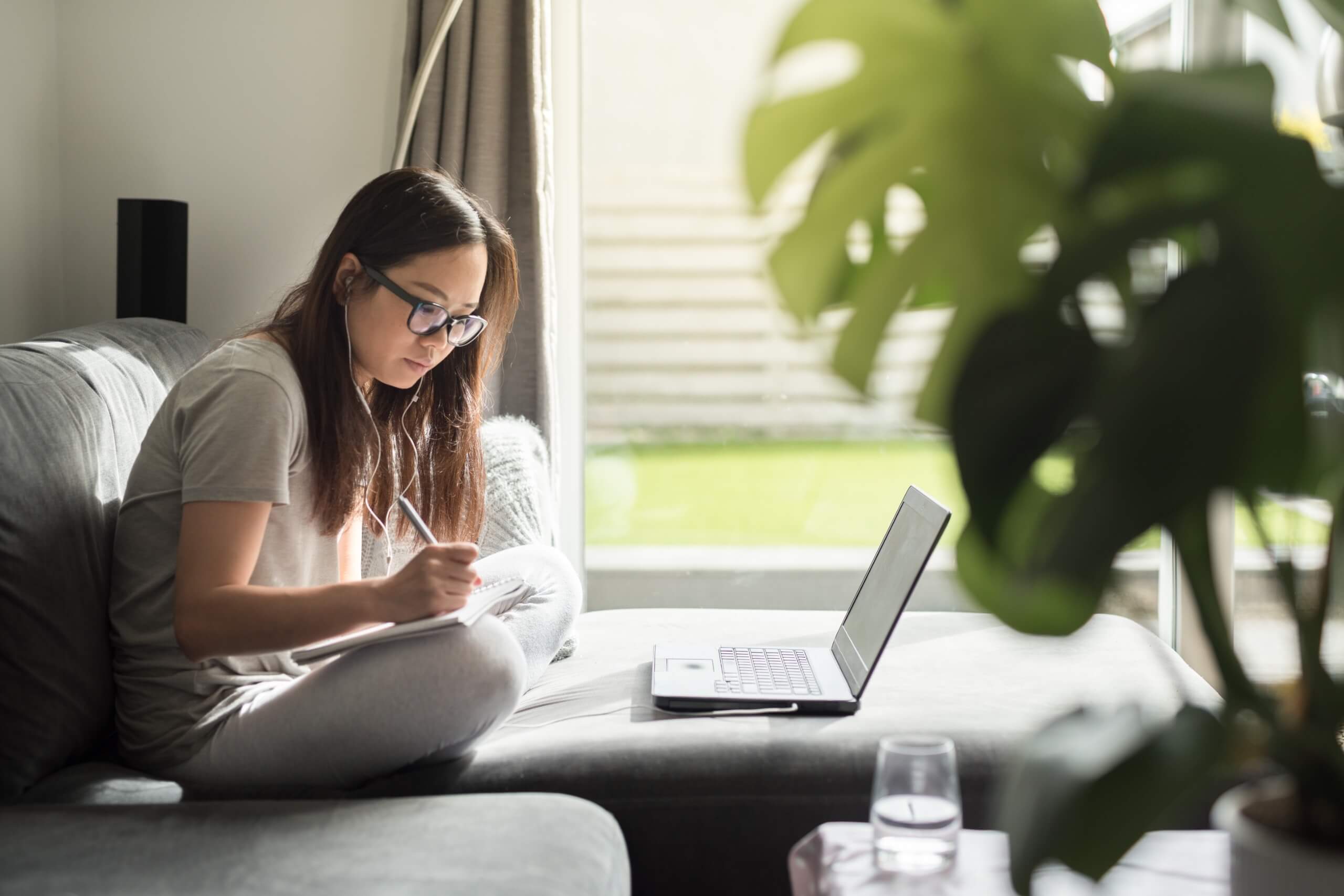In the fast-paced world we live in, stress and anxiety have become unwelcome companions for many. The demands of daily life can take a toll on our mental well-being, affecting not only our mood but also our overall health. In this article, we present 5 effective relaxation techniques that can help alleviate stress and anxiety, promoting a sense of calm and balance in your life.
1. Deep Breathing Exercises
One of the simplest yet most powerful techniques for reducing stress is deep breathing. This practice involves taking slow, deep breaths to activate the body’s relaxation response. Find a quiet place, sit or lie down comfortably, and inhale deeply through your nose, allowing your lungs to fill with air. Hold your breath for a few seconds, then exhale slowly through your mouth. Repeat this process for several minutes, focusing on your breath and letting go of any tension.
Benefits of Deep Breathing
- Calms the Nervous System: Deep breathing triggers the parasympathetic nervous system, promoting relaxation and reducing stress hormones.
- Improves Oxygenation: Enhances oxygen supply to the body, aiding in better overall functioning.
- Enhances Mental Clarity: Clears the mind, allowing for improved concentration and mental clarity.
2. Progressive Muscle Relaxation
Progressive Muscle Relaxation (PMR) is a technique that involves systematically tensing and then relaxing different muscle groups. Start with your toes, gradually working your way up to the top of your head. As you tense each muscle group, hold the tension for a few seconds before releasing it. This method helps release physical tension, promoting a sense of relaxation throughout the body.
Benefits of Progressive Muscle Relaxation
- Reduces Muscle Tension: Relieves physical tightness and discomfort, especially in areas prone to stress-related tension.
- Enhances Body Awareness: Encourages mindfulness of bodily sensations, promoting a mind-body connection.
- Promotes Better Sleep: Regular practice can contribute to improved sleep quality.
3. Mindfulness Meditation
Mindfulness meditation involves cultivating present-moment awareness without judgment. Find a quiet space, sit comfortably, and focus your attention on your breath or a specific point of focus. When thoughts arise, acknowledge them without attachment and gently redirect your focus. Regular mindfulness practice has been shown to reduce anxiety and enhance overall well-being.
Benefits of Mindfulness Meditation
- Stress Reduction: Promotes a calm and centered state of mind, reducing the impact of stressors.
- Emotional Regulation: Helps manage emotions by fostering a non-reactive awareness of thoughts and feelings.
- Improved Concentration: Enhances cognitive abilities, leading to better focus and concentration.
4. Guided Imagery and Visualization
Guided imagery involves creating a mental image of a peaceful and calming scene. Close your eyes, take deep breaths, and imagine yourself in a serene environment. Whether it’s a beach, a forest, or a quiet meadow, let the details of the scene unfold in your mind. Visualization can transport you to a place of tranquility, providing a mental escape from stressors.
Benefits of Guided Imagery
- Stress Relief: Provides a mental break from daily stressors, promoting relaxation and rejuvenation.
- Positive Outlook: Encourages a positive mindset by focusing on uplifting and calming mental images.
- Enhanced Creativity: Stimulates the imagination, fostering a sense of creativity and resourcefulness.
5. Yoga and Stretching
Physical activity is a proven way to reduce stress, and yoga offers a unique blend of movement and mindfulness. Engaging in yoga poses and stretches not only promotes physical flexibility but also encourages mental relaxation. Incorporate a gentle yoga routine into your daily or weekly schedule to experience the holistic benefits.
Benefits of Yoga and Stretching
- Muscle Relaxation: Eases tension in the body, promoting physical relaxation.
- Mind-Body Connection: Combines movement with breath awareness, fostering a holistic sense of well-being.
- Increased Energy: Regular practice can boost energy levels and alleviate feelings of fatigue.
Conclusion
Incorporating these relaxation techniques into your routine can significantly contribute to reducing stress and anxiety. Experiment with different methods to find what works best for you, and make a commitment to prioritize your mental well-being.
If you’re looking for additional support in managing stress and promoting mental health, consider exploring Night Night, our supplement designed to enhance relaxation and support a restful night’s sleep.
And remember, a holistic approach to stress management involves not only these techniques but also a commitment to self-care, healthy lifestyle choices, and seeking professional guidance when needed.
Related Posts
23/12/2024
The Link Between Sleep and Mental Health: How Night Night Helps
Ever feel like a bad night’s sleep turns your world upside down? That’s no coincidence. Sleep and mental health are…
11/12/2024
5-HTP: Supporting Mood and Sleep
Struggling with mood swings or restless nights? You're not alone. In today’s fast-paced world, maintaining emotional…
29/11/2024
Mood-Boosting Foods and Supplements for Better Mental Well-being
In our fast-paced world, maintaining mental well-being is more challenging yet more crucial than ever. Beyond lifestyle…
17/11/2024
How GABA Improves Sleep Quality and Relaxation
In today’s fast-paced world, many people struggle with achieving a restful night’s sleep. Anxiety, stress, and hectic…
05/11/2024
The Role of L-Theanine in Promoting Relaxation and Sleep
L-Theanine, an amino acid primarily found in tea leaves, has been celebrated for its unique ability to promote…
24/10/2024
How to Manage Stress Naturally with Supplements
Stress is an unavoidable part of life, but how we manage it can make all the difference in our mental and physical…
12/10/2024
Understanding the Gut-Brain Connection: Diet for Mental Health
Did you know that your gut and brain are constantly communicating? It’s called the gut-brain axis, and it plays a vital…
30/09/2024
The Role of Adaptogens in Reducing Stress and Anxiety
In today's fast-paced world, stress and anxiety are common challenges many of us face daily. While lifestyle changes…
18/09/2024
Top 7 Natural Supplements to Boost Your Mental Clarity
In today’s fast-paced world, maintaining mental clarity is more important than ever. Whether you’re juggling work…




